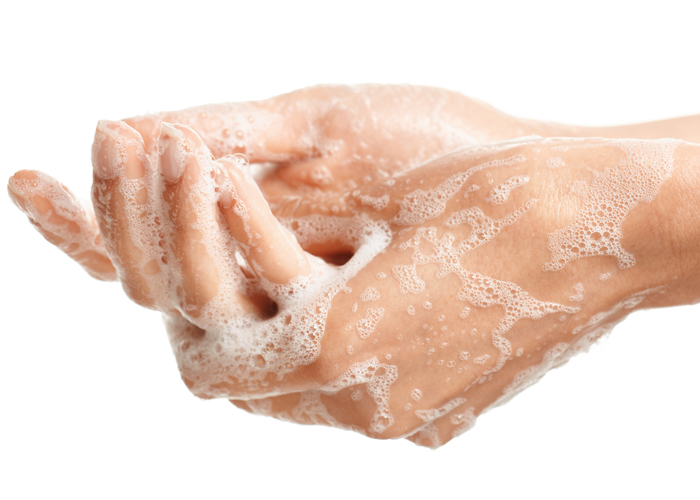Nearly half of school children not using soap
In News
Follow this topic
Bookmark
Record learning outcomes

The Global Hygiene Council (GHC) has found that 42 per cent of children aged five-10 are not always using soap when they wash their hands in school.
The global survey conducted by the GHC assessed primary school children’s hygiene awareness and habits across seven countries during the Covid-19 pandemic, including the UK, Indonesia, China, Australia, Saudi Arabia, India and South Africa. In all countries, soap usage was recorded as higher at home than in schools.
While some 60 per cent of children said soap is always available at school, one in ten said it is never available. The survey also found that in school, 44 per cent of children said that someone ensures they always wash their hands before eating, compared to 71 per cent at home.
Based on the survey, leading hygiene experts are now stressing the importance of effective hand hygiene measures and education in schools as children begin to return to the classroom.
Professor Sally Bloomfield from the London School of Hygiene and Tropical Medicine commented: “Targeted hygiene means focusing hygiene practices in places and at times - known as ‘risk moments’ - when harmful microbes are most likely to spread.
"The key risk moments at schools include food handling, using the toilet and touching surfaces frequently touched by others.”
“Whilst the majority of children may know that they should be washing their hands, many are not actually putting it into practice, so there is a clear gap in educating them about the importance of handwashing”, added Professor of Medicine Sumanth Gandra MD, from the Division of Infectious Diseases at Washington University School of Medicine in St. Louis.
“It is essential that healthy hygiene habits, such as washing hands for 20 seconds with soap and water, are ingrained into the next generation to help prevent the spread of future outbreaks and to protect families from other common infections.”
